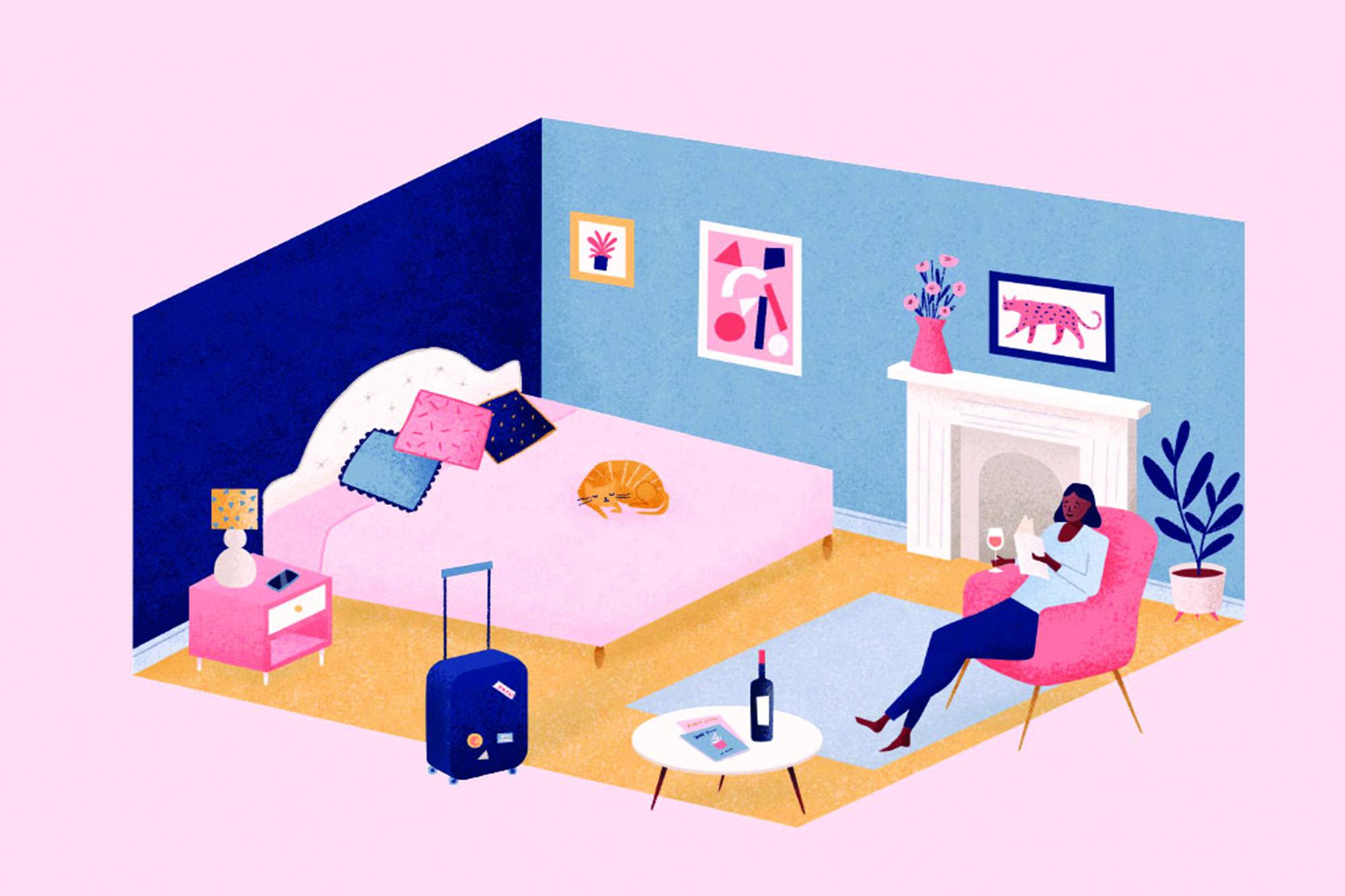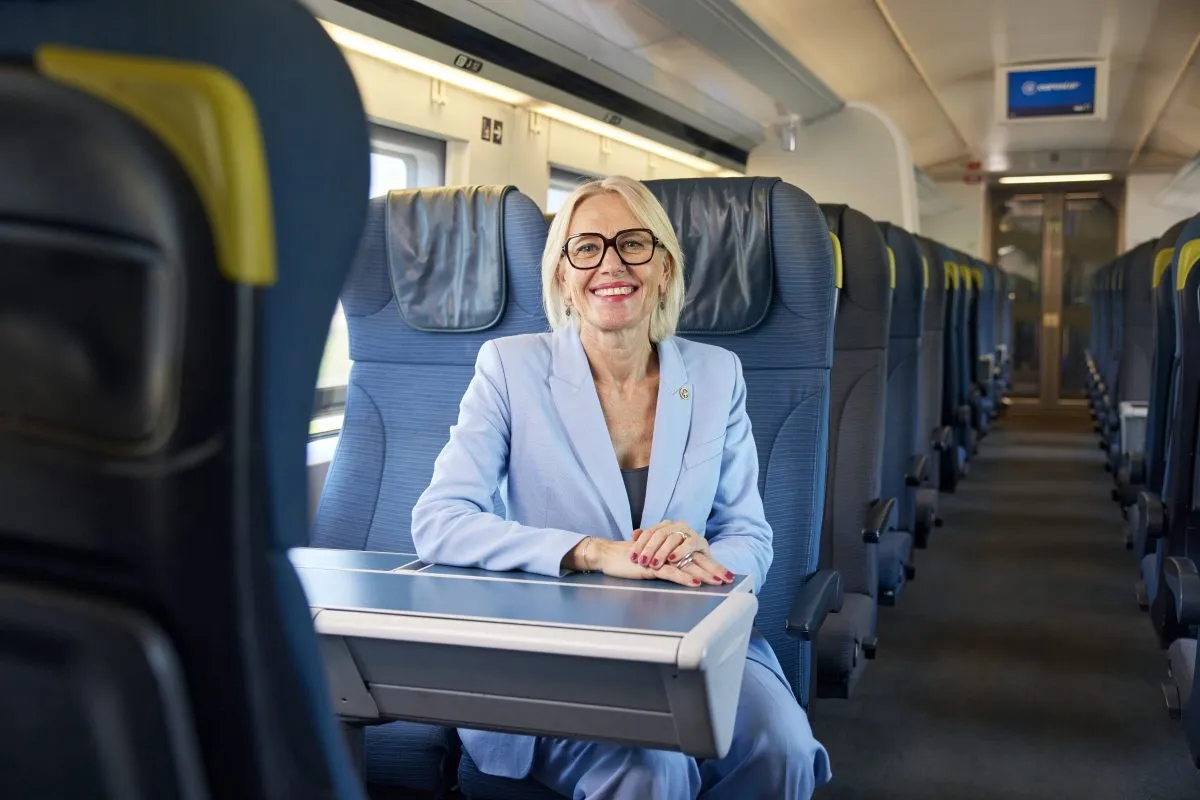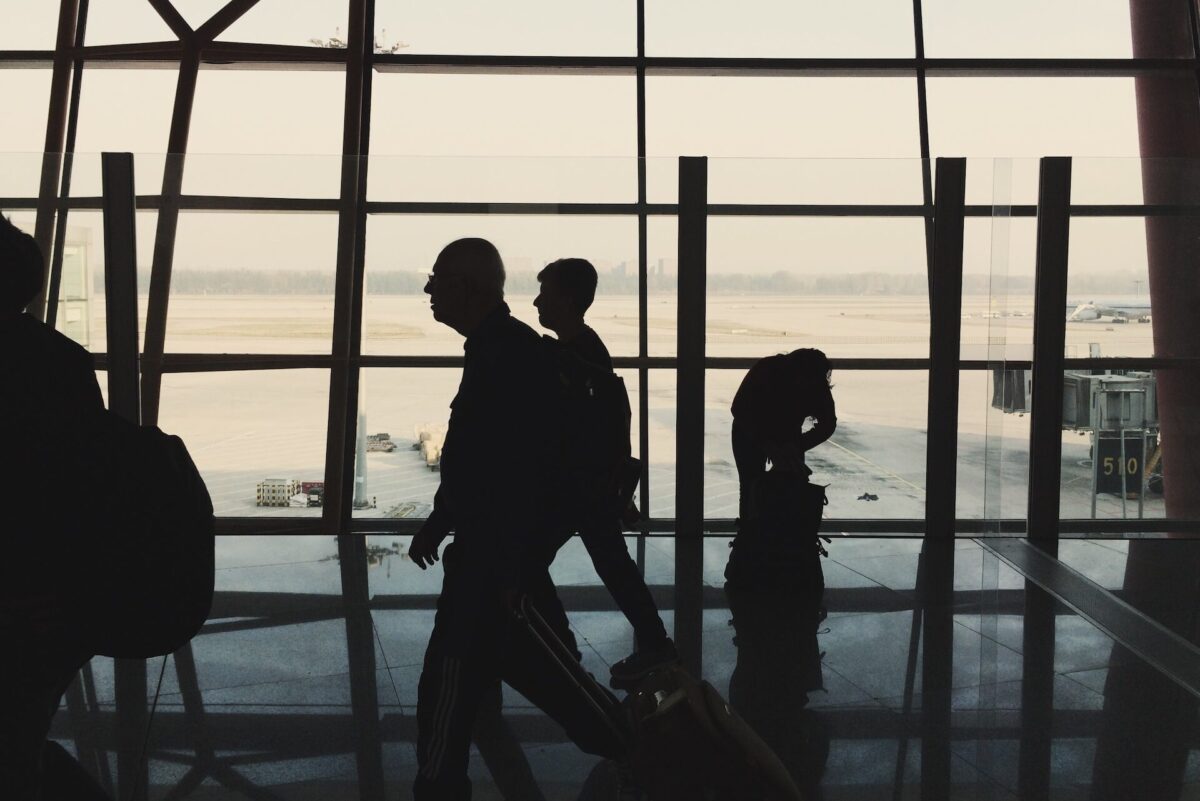Travel Megatrends 2019: Everything Is Converging in Hospitality

Skift Take
If there’s one common thread that we’ve seen throughout the hospitality industry in recent years — from vacation rentals and private accommodations to luxury hotels, timeshares, and hostels — it’s that the traditional demarcations between lodging categories are all starting to blur.
Hostels are borrowing from posh luxury hotels in terms of elevating the guest experience. Midscale hotels are looking to hostels for inspiration on how to “activate” their public spaces. Camping has become glamping. The operators behind new boutique apartment rental brands like Lyric, Sonder, and The Guild are borrowing what they’ve learned from boutique and lifestyle hotels. And even homesharing is becoming more hotel-like with the advent of new products like Airbnb Plus.
And the truth is, while the industry itself may be puzzled by all these blurred lines, consumers aren’t — or they just don’t care.
“In the hospitality industry, there’s this massive convergence taking place right now,” said Simon Lehmann, CEO and founder of AJL Consulting and the former CEO of Interhome, a Swiss home rental platform. “All different types of hospitality are becoming one, dependent on the consumer’s requirement. The consumer is looking for whatever he requires at that moment from hospitality. Most people don’t even know what they are booking, whether it’s a serviced apartment rental or a hotel. The convergence taking place is not being driven by the hospitality industry, but by the consumer.”
Think about your own travels, and Lehmann’s explanation for how everything in hospitality is converging begins to make more sense.
For instance, a traveler might be traveling for work and prefers to stay in a traditional full-service hotel, but if she brings along her husband, or her family, she might opt for a homeshare or vacation rental instead. One day, she might want to stay in a tent; the next, she might want to stay in a five-star luxury resort.
Get Your Skift Travel Megatrends 2019 Download Here
Does she particularly care about the type of accommodation that she’s booked, or whether it’s midscale or upper midscale? Likely not; all she cares is that it’s a good experience that meets her needs for that particular trip.
Enabling the ability for a traveler to do just that is the tremendous amount of choice today’s consumers have when it comes to lodging.
“We used to have four demand segments — commercial, leisure, group, or SMERF [social, military, educational, religious and fraternal],” said Bjorn Hanson, clinical professor at the NYU Jonathan M. Tisch Center for Hospitality and Tourism. “Now, though, for every trip, it’s a unique demand segment and consumers have more choices than ever before.”
The Consequences of Convergence
If every individual traveler comprises his or her own demand segment, the implications for
the industry go far beyond blurring categories, or borrowing ideas from different verticals. It means that the entire hospitality industry needs to rethink how it organizes itself, how it markets itself, how it develops product, and also how it sells it.
Organizationally, the hospitality industry can’t limit itself to any one category: Hotels don’t just do hotels anymore; hostels aren’t just hostels; homesharing isn’t just what we might think of as homesharing. Brands and the developers, owners, and management companies behind them need to think of themselves as hospitality providers first and foremost — and whether that hospitality is being provided in a tent, or in a massive 1,000-key resort, it has to be good, no matter what.
In other words, the product they’re developing shouldn’t be confined to traditional notions of what a hotel should be. And above all else, even budget accommodations must possess some baseline of quality; developers should strive for premium mediocrity at the bare minimum.
We also shouldn’t be so focused on the room itself. The hospitality industry has, for years, likened itself to a business that essentially sells sleep, and while that’s not necessarily changing, what is changing is the fact that hotels shouldn’t just be selling rooms anymore. They’re selling different combinations of features in a room, or in a particular location or property, thanks to the advent of new guest reservations systems that make it easier to sell attributes.
While these blurred definitions or categories may also be causing some confusion or even a loss of brand identity for some traditional hospitality companies, they’re also forcing them to rethink how they market themselves to consumers, too.
And if the hospitality industry really wants to take on the online travel agencies, big players need to think more like them — which they have for at least the past few years.
“If you look at what the platforms are doing, they are aggregating all of this content, all of this product, wherever they can,” Lehmann noted. “The consumer chooses what her immediate needs are, and she expects a certain level of service.”
The entire travel industry, hotels included, are selling entire experiences, as we’ve noted before. And as our overarching megatrend demonstrates this year, in this post-experience economy we’ve entered into, they need to sell experiences that are more than just commodities or that have become shallow representations of themselves. And the industry needs to begin marketing that all the more.
The hospitality industry has seen plenty of disruptions over the years, from the rise of the branded chain hotel to the boutique hotel, and now homesharing. And if the industry wants to continue to evolve — and to be able to absorb the next big disruption — it needs to recognize what’s happening right now, embrace it, and think of how it can use this convergence to its advantage.
Download Your Copy of Skift Travel Megatrends 2019





